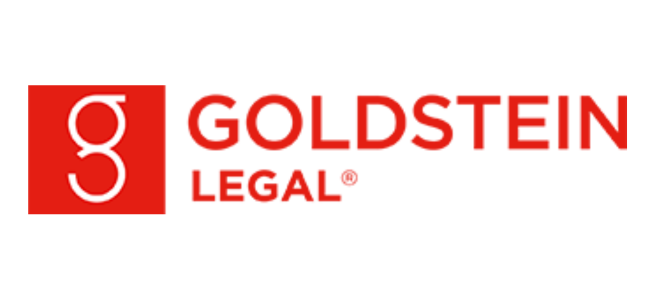The Leveson Report – “Who Guards the Guardians?”
The long-awaited Report of the Leveson Inquiry, which has cost the public purse an estimated £4 million to £5 million since its inception in June last year, was published yesterday, and has provoked a political maelstrom in the UK. With the Labour Party and the Liberal Democrats supporting the Report’s recommendations in their entirety, representatives of press “victims” claiming the recommendations do not go far enough, and David Cameron stating a reluctance to implement any legislation at all which would give the new industry body any statutory authority, arguments between press, politicians and interested parties are set to run and run, and the Coalition Government is now publicly split on the issue.
The Leveson Report has made a number of recommendations. Despite the controversy over one of them, the so-called “statutory underpinning”, other recommendations do not as yet appear to be in dispute. In view of the political and public momentum on the subject, it is therefore likely that at least some will make it into effect. The recommendations include the following:
The creation of a new self-regulation body, to replace the Press Complaints Commission. The new body would be independent of serving editors, government and business. Membership would be voluntary. The new body would itself create its own code of ethics for the press.
This appears to be accepted by all parties. However, the Report proposes that the new body would be backed by legislation – the “statutory underpinning” that is now being so contentiously debated. The legislation would set out rules for the constitution and governance of the new body, give it the power to investigate serious breaches and the power to impose sanctions including the publication of apologies or corrections and fines of up to £1 million. The legislation would also for the first time enshrine “a legal duty on the government to protect the freedom of the press”.
Lord Justice Leveson says that such statutory underpinning is essential, as the press industry can no longer be allowed to “mark its own homework”. The press and Mr Cameron disagree. This morning, Culture Secretary Maria Miller has said that “the gauntlet has been thrown down” to newspapers to outline how they would set up tough self-regulation instead.
The Report proposes a new arbitration scheme through which people who believe they have been victims of the press can seek redress without having to go through the courts. The arbitration “should be fair, quick and inexpensive… and free for complainants to use”.
The Report calls for tougher penalties for data protection offences, including computer misuse.
The Report recommends that exemplary damages should be available in actions for breach of privacy, breach of confidence, libel and slander. (But as broader changes to defamation law are currently in discussion in parliament, Lord Justice Leveson stopped short of making any other significant recommendations about defamation.)
Significantly, there is no clear indication in the Report as to what happens to members of the press who refuse to join the new body and sign up to the new code of ethics. Lord Justice Leveson hints that refusal to join should be “relevant to the decisions reached” in relation to damages and costs, and suggests that newspapers could face direct regulation by the media watchdog Ofcom. But he made no specific or tangible proposals in this regard.
Lord Justice Leveson stressed several times in his press conference yesterday that his proposals could not in any way be described as statutory regulation of the press. Rather, they create a legal framework for a truly independent body. In his closing remarks, he said that it was the politicians who must now decide “who guards the guardians”. This can be viewed as the crux of the whole subject. With vehement disagreement between press, politicians and victims, it is unfortunate, therefore, that it may be some time before we have an answer.




